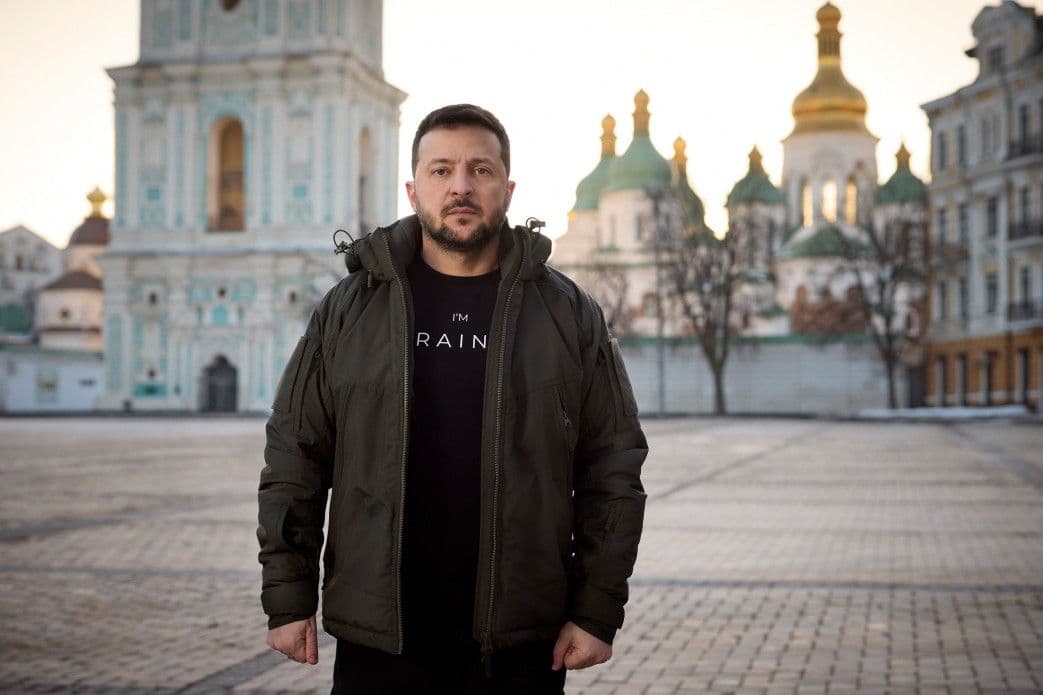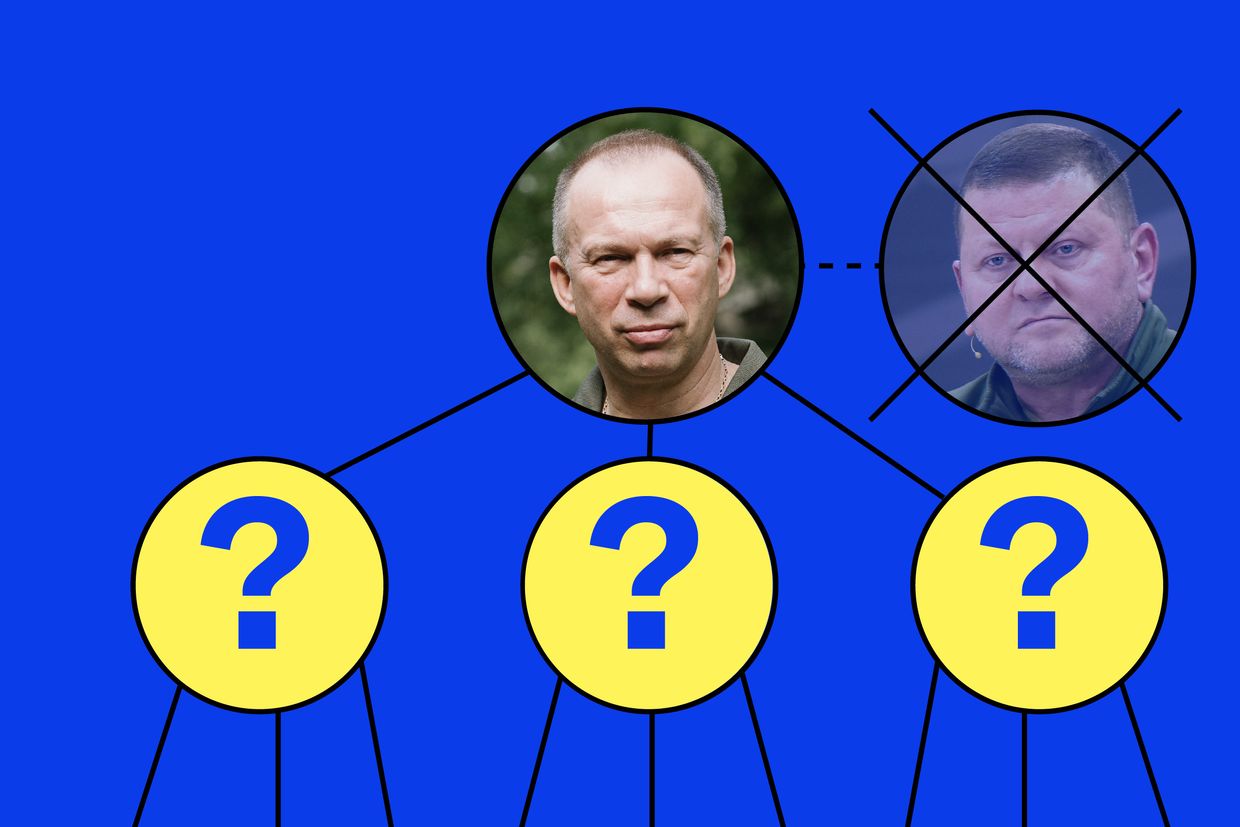Washington Post: Russia conducts disinformation campaign to undermine Zelensky

Last year, the Kremlin established a disinformation task force aimed at undermining Ukraine's President Volodymyr Zelensky and driving a wedge between the Ukrainian population and its leadership, the Washington Post reported on Feb. 16, citing internal Russian documents.
The materials have also revealed the Kremlin's frustration with the lack of success, as opinion polls show that the Ukrainian society remains united and supportive of the leadership amid the ongoing full-scale war with Russia.
Zelensky's public approval rose sharply following the start of the full-scale invasion. The president and the military have been rated among the most trusted institutions in the country since then.
According to the outlet, Kremlin First Deputy Chief of Staff Sergei Kiriyenko tasked a team of strategists and experts in January 2023 to establish a presence on Ukrainian social media and disseminate disinformation.
Using social media networks, such as Telegram, X, or Facebook, Russian trolls reportedly had four objectives: discrediting the Ukrainian military and political leadership, dividing the country's elite, demoralizing its military, and disorienting the population.
Building on experience from earlier disinformation campaigns in Europe, Russian operatives were creating fake "mirror" versions of Western media outlets or foreign officials' accounts to use them as conduits for disseminating propaganda.
One topic that Russian disinformation allegedly sought to exploit was the behind-the-door dispute between Zelensky and then-Commander-in-Chief Valerii Zaluzhnyi, reported on in the media in late 2023.
According to the Washington Post, fake social media posts and articles were trying to present Zelensky as "hysterical and weak," spreading claims that the president "fears that he will be pushed aside; therefore he is getting rid of the dangerous ones."
Zelensky eventually replaced Zaluzhnyi with Oleksandr Syrskyi on Feb. 8, citing a need for a fresh and renewed leadership.
Polls revealed that shortly after that, the president's approval rating had dropped by 5% to 65%. This is still a relatively high number compared to many political leaders in the West, however.
An unnamed senior European security official told the Washington Post that "the most difficult times are ahead" as Russia prepares new offensives on the front line, against Ukraine's infrastructure, and destabilization campaign in the information space.













